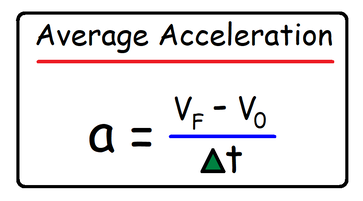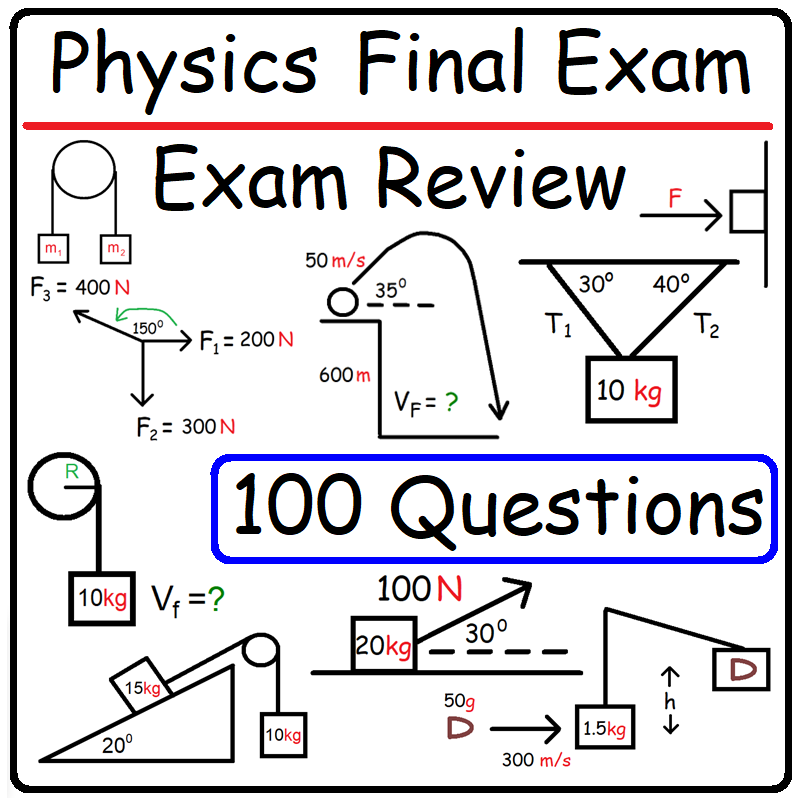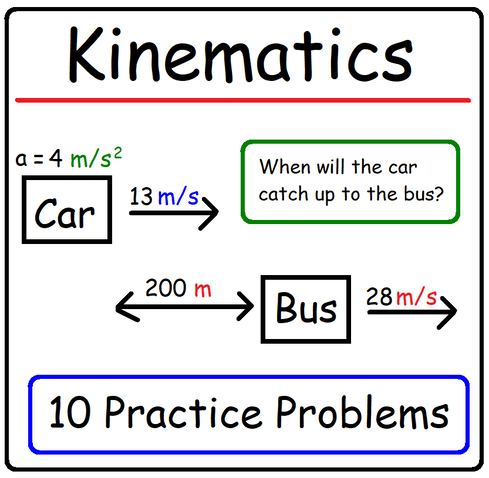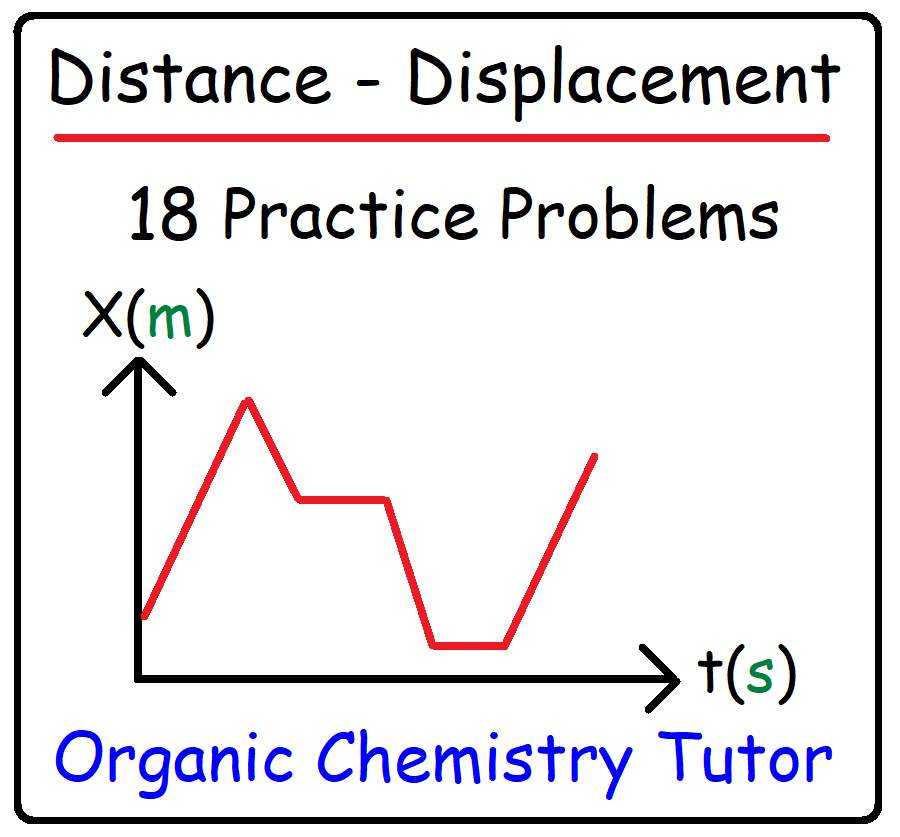|
What Is Velocity?
Velocity is the rate at which displacement is changing with respect to time. Because displacement is a vector quantity, velocity is also a vector quantity. The velocity of an object can be positive or negative. If the displacement of an object is increasing, the velocity will be positive. If the displacement is decreasing, the velocity will be negative. What Is Acceleration? Acceleration is the rate at which the velocity of an object is changing with respect to time. An acceleration of 4 m/s^2 tells you that the velocity of the object is increasing by 4 m/s every second. When the velocity of an object is increasing, the acceleration will be positive. If the velocity is decreasing, the acceleration is negative. If the velocity is constant, the acceleration will be zero. If the object is moving at constant speed and turning at the same time, the acceleration will not be zero. There will be a centripetal acceleration that points toward the center of curvature. It's important to understand the difference between average acceleration and instantaneous acceleration. Average acceleration is the acceleration calculated by taking the change in velocity and dividing it by a time interval. Instantaneous acceleration can be calculated the same way but the difference is that you're dividing the change in velocity by a very small time interval that's close to zero. As the time interval gets smaller and smaller, the average acceleration becomes a good approximation of the instantaneous acceleration.
Kinematics In One Dimension: https://www.video-tutor.net/kinematics-one-dimension.html 2-Stage Rocket Problem - Kinematics: www.video-tutor.net/2-stage-rocket-problem.html Free Fall Physics Problems: https://www.video-tutor.net/free-fall-equations.html Video Playlists and Final Exam Videos: www.video-tutor.net/ |




